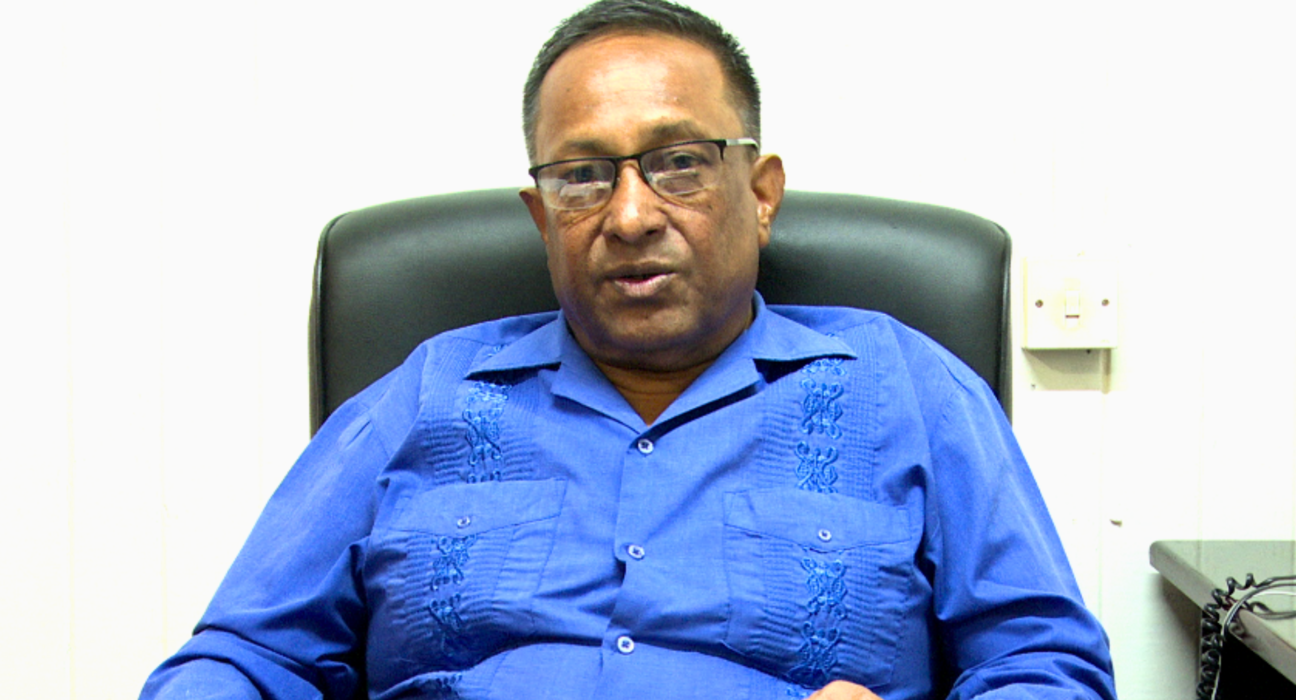By Delicia Janneire
Trade unionism in Guyana has deep roots, with Hubert Nathaniel Critchlow playing a pivotal role in its early beginnings.
Born on December 18, 1884, Critchlow emerged as a central figure in the fight for workers’ rights at the young age of 21.
His efforts laid the foundation for the labor movement in Guyana and beyond.
Critchlow’s activism began when he rallied men and boys to boycott work on the wharf, protesting against unfair labor practices.
This marked a significant moment in the struggle for workers’ rights, leading to the establishment of the British Guiana Trade Union in 1919.
His actions inspired similar movements across the Caribbean, shaping the course of labor history in the region.
Seepaul Narine, President of the Guyana Agriculture and General Workers Union (GAWU), reflects on Critchlow’s enduring legacy.
Narine highlights Critchlow’s popularity and his pivotal role in mobilizing workers, particularly in the sugar industry, where exploitation was rampant.
Critchlow’s influence transcended borders, contributing to the formation of numerous unions throughout the Caribbean.
Narine underscores the importance of trade unions, citing GAWU’s establishment by former head of state Dr. Cheddi Jagan in 1946 as evidence of their significance.
Narine acknowledges the instrumental role of late Dr. Jagan in shaping labor-related legislation, including the Trade Union Recognition Act and the Termination of Employment and Severance Act.
Despite occasional divisions within unions, solidarity remains a core principle of trade unionism, ensuring the protection of workers’ rights.
In 1958, May 1st was declared a national holiday in honor of workers’ rights, a testament to Critchlow’s enduring impact.
Today, workers continue to commemorate this day with marches and rallies, reaffirming their commitment to upholding labor rights.
As Guyana’s trade union movement evolves, Critchlow’s vision of fair and just labor practices continues to inspire generations, reminding us of the importance of workers’ rights.

